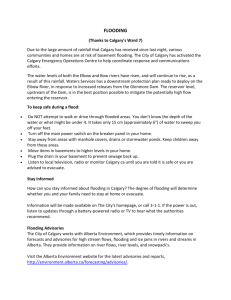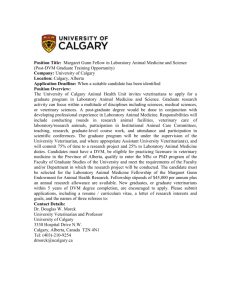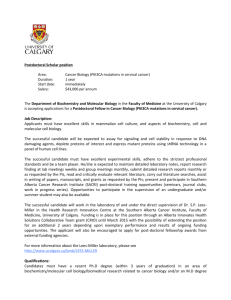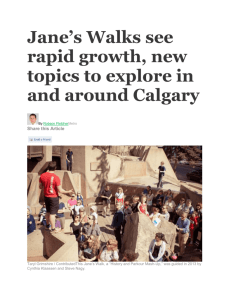100126-10YN009-Non-Technical Summary
advertisement
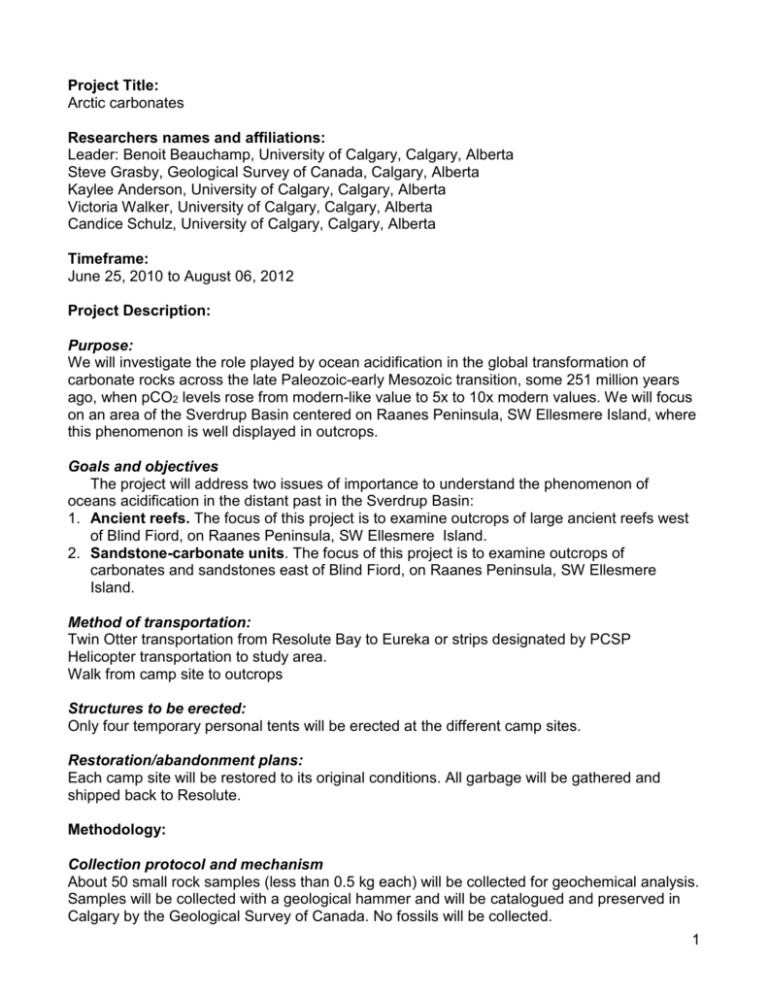
Project Title: Arctic carbonates Researchers names and affiliations: Leader: Benoit Beauchamp, University of Calgary, Calgary, Alberta Steve Grasby, Geological Survey of Canada, Calgary, Alberta Kaylee Anderson, University of Calgary, Calgary, Alberta Victoria Walker, University of Calgary, Calgary, Alberta Candice Schulz, University of Calgary, Calgary, Alberta Timeframe: June 25, 2010 to August 06, 2012 Project Description: Purpose: We will investigate the role played by ocean acidification in the global transformation of carbonate rocks across the late Paleozoic-early Mesozoic transition, some 251 million years ago, when pCO2 levels rose from modern-like value to 5x to 10x modern values. We will focus on an area of the Sverdrup Basin centered on Raanes Peninsula, SW Ellesmere Island, where this phenomenon is well displayed in outcrops. Goals and objectives The project will address two issues of importance to understand the phenomenon of oceans acidification in the distant past in the Sverdrup Basin: 1. Ancient reefs. The focus of this project is to examine outcrops of large ancient reefs west of Blind Fiord, on Raanes Peninsula, SW Ellesmere Island. 2. Sandstone-carbonate units. The focus of this project is to examine outcrops of carbonates and sandstones east of Blind Fiord, on Raanes Peninsula, SW Ellesmere Island. Method of transportation: Twin Otter transportation from Resolute Bay to Eureka or strips designated by PCSP Helicopter transportation to study area. Walk from camp site to outcrops Structures to be erected: Only four temporary personal tents will be erected at the different camp sites. Restoration/abandonment plans: Each camp site will be restored to its original conditions. All garbage will be gathered and shipped back to Resolute. Methodology: Collection protocol and mechanism About 50 small rock samples (less than 0.5 kg each) will be collected for geochemical analysis. Samples will be collected with a geological hammer and will be catalogued and preserved in Calgary by the Geological Survey of Canada. No fossils will be collected. 1 Data: Use of data: In the short term, the data will be used in support of the work of the researchers and the graduate students. The data will then be published in peer-reviewed journals, after which it will be made publicly available through the GSC to anyone who wishes to use it. Reporting Three to five peer-reviewed papers will result from this project. The results that are relevant to Arctic Institute of North America's outreach initiative. 2




